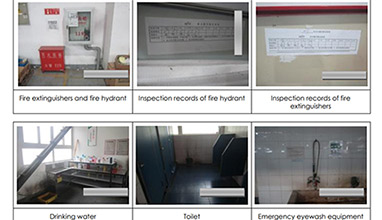EMI Option Schemes: What Are They & How Do They Work?
Any qualified company can set up an EMI scheme (Enterprise Management Incentive), allowing it to keep the same income tax or NIC charge, by granting shares to their employees. As a company, there is also a possibility to offer discounted shares to employees.
These schemes allow companies to keep and reward their employees for their good work in participating in the company’s growth.
The Taxes
In the EMI option scheme, an employee can buy shares when they are granted, and when they are discounted. When the employee chooses to sell them, they will be liable to CGT (Capital Gains Tax).
If there is no income tax due, there will be no NICs. But if the shares will be converted into assets, there will be an income tax to pay. The employer can make arrangements and transfer the NICs liability to the employee.

Set up a Scheme and Valuation
Before setting up an EMI scheme for the company, you should check the articles of association and add the rules of the scheme into the agreement between the employee and the company. You can find examples of emi scheme from emioptions.co.uk.
The scheme should contain some rules that can prevent the employee to leave and take shares with them. There must be good or bad leaver rules added (good – for when the employee dies, for example, and bad – when they are dismissed)
The rules of the scheme must also contain details about when and how the options will be exercised. They might be connected to performance target, for example.
The valuation will be agreed with HMRC so that your company can establish the market value of its shares. The value of shares depends on how much developed your company is or on the nature of the business.
Which Company Qualifies?
The company must not be a subsidiary of another one. If it’s UK based and has less gross assets than ?30 million, with less than 250 employees and is engaged in qualifying trade that turns into realizing profits, then it is qualified for EMI schemes.
What does qualifying trade means? First, the company should not be engaged in investments of land, shares or financial instruments. The company is not qualified if it’s in financial services, license/royalty fees receipt, legal/accountancy services, farming or forestry, property development, leasing assets. Moreover, the company must have full-time employees that don’t hold more than 30% of the shares inside the company.
HMRC Paperwork
You must register the EMI scheme with HMRC (HM Revenue and Customs) up to 92 days after you have established it. The same time will be applied for when you have to notify HMRC if any options have been granted.
The annual return - EMI40 – must be filed before 6th July which follows the end of the tax year.
The scheme will be canceled, and all your tax advantages will be lost if you don’t not register it and notify HMRC of the option.
Hits: 4731 | Leave a comment


















